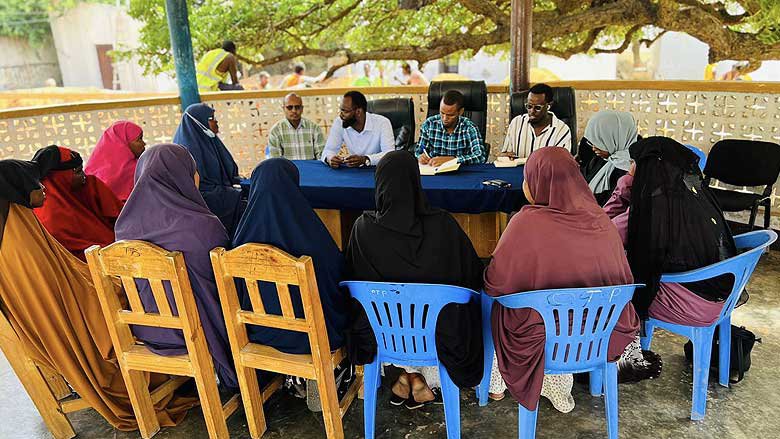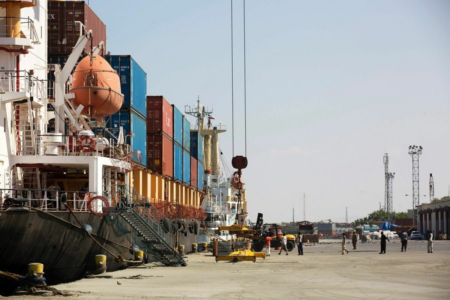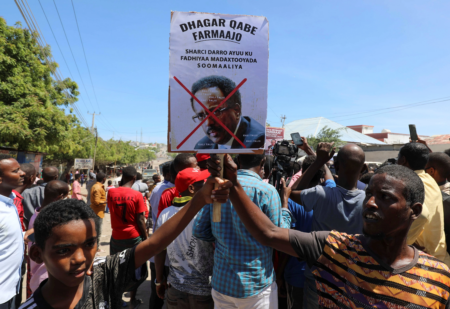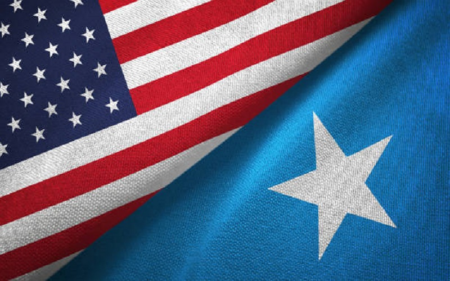For decades, Somalia has been caught in a web of instability, foreign interference, and systemic failure.
To many outside observers, Somalia is a far-off nation associated with piracy, terrorism, and famine. But behind the headlines lies a deeper truth: Somalia is a country in crisis, where sovereignty is slipping away and national identity is under threat.
The Most Pressing Challenges Facing Somalia
1. Maritime Exploitation and Environmental Destruction
Somalia’s rich coastal waters—once a source of national pride and sustenance—are now being plundered by foreign fishing fleets.
Worse still, toxic waste is allegedly being dumped offshore, devastating marine ecosystems and robbing Somali communities of their livelihoods.
Without maritime protection, the country continues to lose critical natural resources.
2. Foreign Military Dependence Without Real Security
International troops, many from distant nations, remain on Somali soil under peacekeeping mandates.
Despite billions of dollars in aid, these missions have failed to establish long-term stability.
Somali soldiers—brave and underpaid—are left to defend their country with minimal resources, often undermined by corruption and mismanagement.
Read Also:
- Is this the End of African Union Peacekeepers in Somalia?
- Somali Federal Parliament – Another Setback
3. A Corrupt Political System Propped Up by Outsiders
Somalia’s current governance model, heavily influenced by foreign actors, has fostered division rather than unity.
Clan politics, regionalism, and elite corruption have made it nearly impossible to build a functioning central government.
What remains is a fragmented state, unable to provide basic services like education, justice, or healthcare.
4. A Lost Generation Without Education
Over 80% of Somali children are out of school, leaving a generation at risk of growing up without education, employment opportunities, or hope.
This poses a significant threat not just to Somalia’s future, but also to global stability.
5. Eroding National Unity and Identity
The rise of clan-based power struggles and territorial fragmentation means that Somalis often cannot travel freely within their own country.
National cohesion is rapidly deteriorating, replaced by local fiefdoms controlled by warlords or politicians aligned with foreign agendas.
How to Rebuild Somalia: A Bold but Necessary Plan
Somalia doesn’t just need reforms—it needs a national awakening.
The current system is broken, and piecemeal changes will not suffice.
That’s why experts and civil society leaders are calling for a three-year transitional plan led by a Somali Technocratic Council (STC)—a neutral body of skilled professionals tasked with rebuilding the nation from the ground up.
What the Somali Technocratic Council Would Do to Rebuild Somalia
- Rebuild National Security Institutions: Reform the Somali National Army and reassert control over Somali territory and waters.
- Create a Merit-Based System of Governance: Replace the current clan-based structure with one focused on qualifications and competence.
- Facilitate Reconciliation: Support grassroots peace initiatives and promote national unity over clan divisions.
- Draft a New Constitution: Develop a document that reflects Somali values, rights, and future aspirations.
- Restore Basic Public Services: Rebuild the education, healthcare, and justice systems.
- Build a Self-Reliant Economy: End aid dependency through sustainable development and resource protection.
- Organize Transparent Elections: Lay the groundwork for free and fair elections that reflect the will of the people.
How to Rebuild Somalia Without Dependency?
While external support will be necessary—particularly from partners like the U.S., UN, AU, and EU—the goal is to maintain Somali ownership of the process.
A contingency fund and coordinated investment plan will allow Somalia to rebuild sustainably, without falling back into donor dependency.
Why This Matters – Not Just for Somalia, but for the World
A stable Somalia is essential for regional peace, counterterrorism, migration control, and economic growth in the Horn of Africa.
Somalia’s failure isn’t isolated—it has global consequences.
Americans and the international community should care, not just out of moral duty, but because a functioning Somalia contributes to international stability.
Somalia has long been used as a pawn in a global game.
Now is the time to change that.
With courage, unity, and a clear plan, Somalia can rebuild—not as a failed state, but as a thriving, self-governed republic that serves its people and its region.








